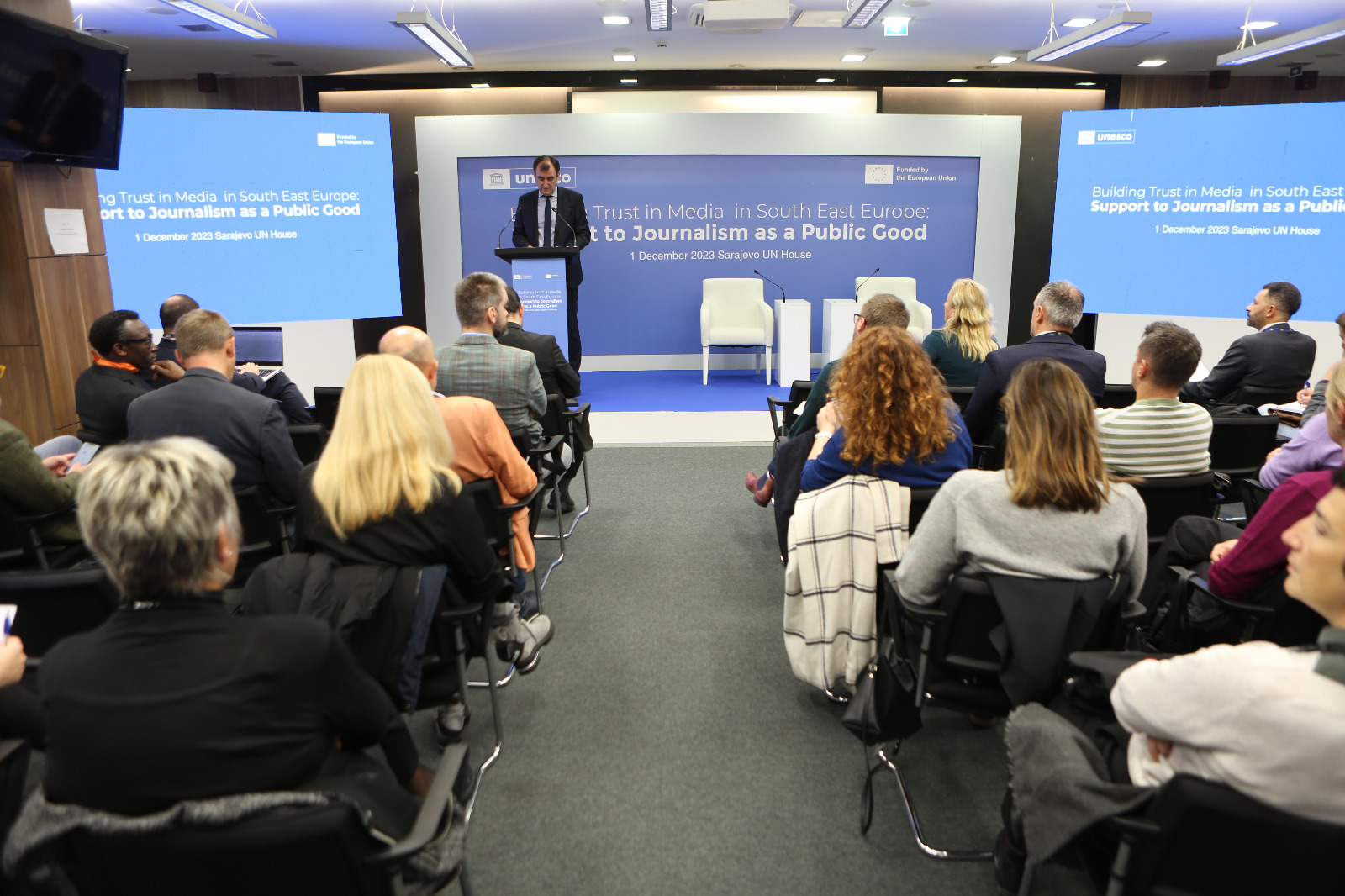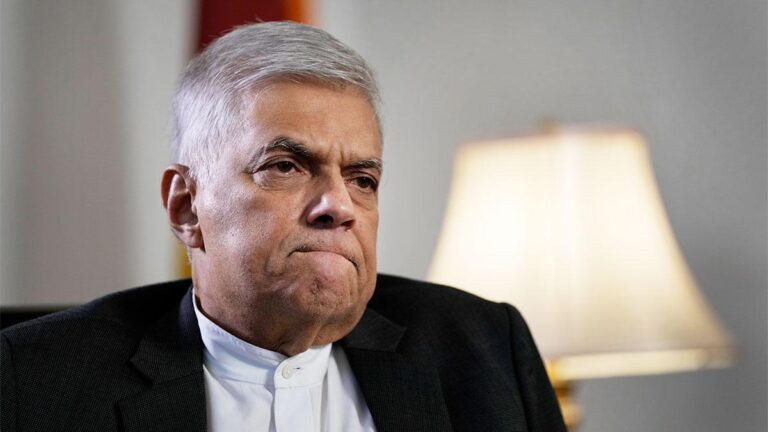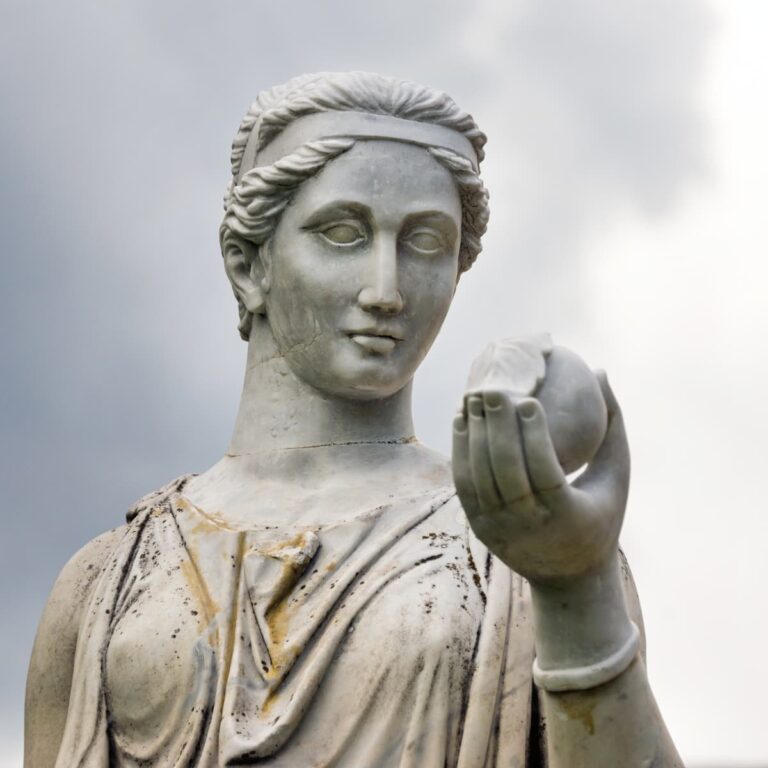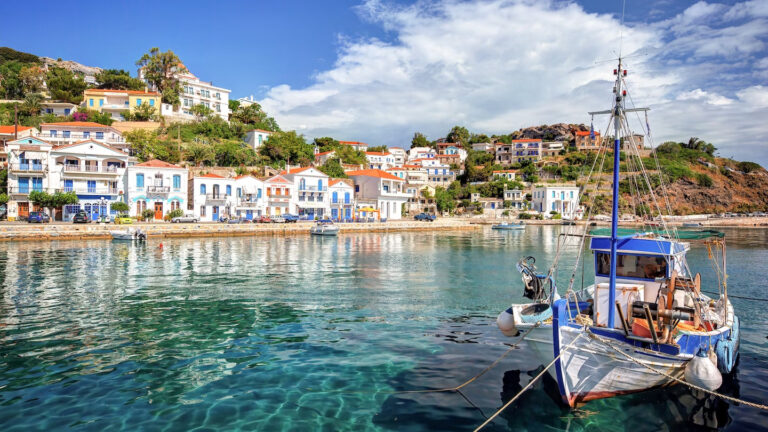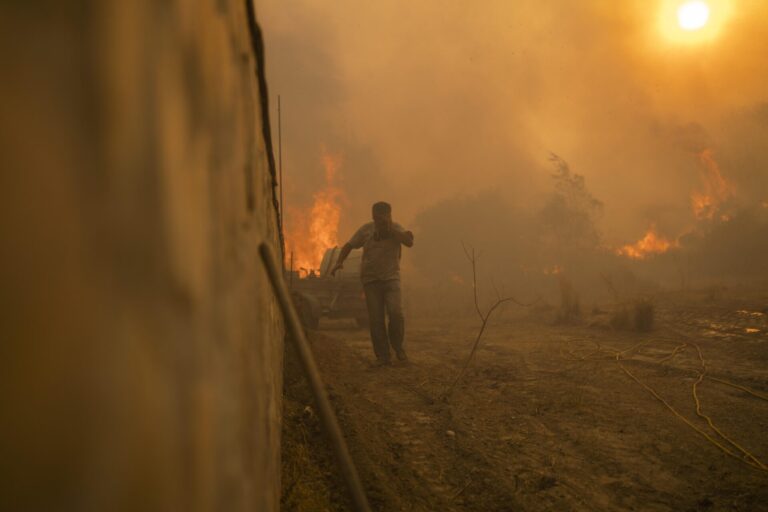On 1 December 2023, UNESCO officially presented in Sarajevo, Bosnia and Herzegovina, the project “Building Trust in Media in South-East Europe: Support to Journalism as a Public Good”, funded by the European Union, with the aim of fostering freedom of expression in the region. The event gathered at the UN House more than 40 representatives of institutions, the EU Delegation to Bosnia and Herzegovina, international organisations, UN sister agencies, civil society and media.
Built upon the results and achievements of the previous phases 1 and 2 of the project “Building Trust in Media in South-East Europe and Turkey”, UNESCO and the European Commission have renewed their partnership to advance freedom of expression in the region. The new project, “Building Trust in Media in South-East Europe: Support to Journalism as a Public Good”, financed by DG NEAR with 3 million EUR until 2026, aims at promoting free, independent and pluralistic media, recognising journalism as a public good and tackling disinformation, thereby contributing to achieving the SDG 5 (gender equality) and SDG Target 16.10 (in particular the indicator 2 on access to information).
In his opening remarks, Siniša Šešum, Head of the UNESCO Antenna in Sarajevo, stressed “the crucial importance of this project in a period marked by digital transformation that impacts negatively on the media sector, in particular in South-East Europe, where public opinions are deeply polarised, with media outlets struggling for their viability, and where concerns about media independence and integrity continue to undermine the credibility of journalism and the public trust in media”.
The role of the media should be to provide us with facts. By doing so they safeguard our democratic values. A trustworthy media serves as the eyes and ears of the public, holding those in power accountable and providing a platform for diverse voices to be heard.
Adebayo Babajide, Deputy Head of the EU Delegation to Bosnia and Herzegovina
“However, in an accelerated online sphere, the notion of media and trust has changed, especially as misinformation and disinformation spread like wildfire. To fight back against this, we need to support professional media”, he added at the opening session.
In 2021, all Member States of UNESCO endorsed the Windhoek+30 Declaration: information as a public good, which enshrines journalism as a public good. The Declaration includes concrete recommendations to take effective steps to foster free, independent and pluralistic media, and support media viability. It also calls on the mainstreaming of Media and Information Literacy (MIL), as well as working on ensuring the transparency of technological companies.
The project is extremely important for boosting media literacy as a key component for strengthening the competencies of social participation and the development of democratic culture. Therefore, it is particularly important that media and information literacy are integrated into formal education in Bosnia and Herzegovina.
Biljana Ćamur Veselinović, Secretary of the Ministry of Civil Affairs in Bosnia and Herzegovina
During the presentation of the project, Joshua Massarenti, Regional Project Coordinator at the UNESCO Antenna in Sarajevo, recalled “the crucial importance of the project’s partners and key stakeholders, such as the institutions, the regulators, the self-regulatory bodies, the civil society organisations and the media, to restore the trust in media and journalism in the region, by strengthening the ethics in the media, notably through self-regulation mechanisms, promoting governance of digital platforms and online media with a human rights-based approach, and adopting MIL policies and integrating them in formal education”.
When it comes to supporting the Media and Information Literacy (MIL) skills of women and men, notably youth, by encouraging them to think critically, “our goal is specifically to integrate MIL curriculum into various subjects in elementary and high schools, as this is the only way to ensure benefits for all target groups”, underlined Borislav Vukojević, UNESCO MIL Consultant for Western Balkans.
The urgency to address the spread of harmful content online forced the EU to take the lead in adopting a series of legislative acts, notably the Digital Services Act (DSA), with the aim of ensuring fairness, trust and safety in the digital environment. At global level, UNESCO has recently adopted guidelines for safeguarding freedom of expression and access to information in the governance of digital platforms through a multi-stakeholder approach.
The Guidelines are the results of a multi-stakeholder consultation launched in 2022, that gathered more than 10,000 comments from 134 countries. UNESCO is committed to Member States, civil society, and major digital players in embracing this resource so that platform operations fully align with our values and international human rights standards, including in South-East Europe.
Guilherme Canela De Souza Godoi, Chief of Section for Freedom of Expression and Safety of Journalists, CI Sector, UNESCO
To this end, the project “Building Trust in Media in South-East Europe: Support to Journalism as a Public Good” will also complement another UNESCO project funded by the EU, Social Media 4 Peace (2021-2023), which aims at strengthening the resilience of societies to potentially harmful content spread online in 4 pilot countries (of which Bosnia and Herzegovina is one). It focuses on hate speech as inciting violence, while protecting freedom of expression and enhancing the promotion of peace through digital technologies, notably social media.
Source: UNESCO

